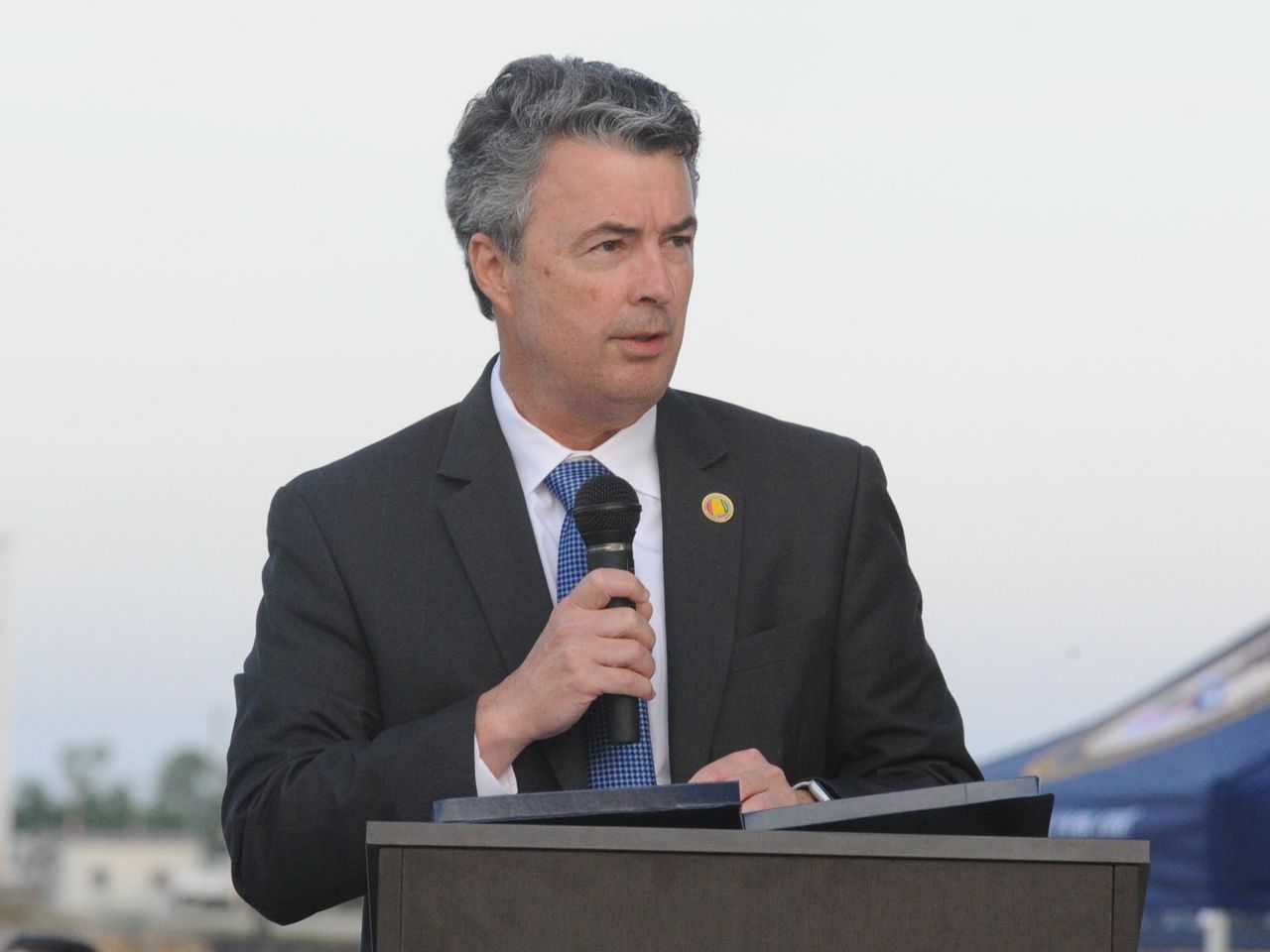Women can be prosecuted for taking abortion pills, says Alabama attorney general
One week after the federal government made it easier to get abortion pills, Alabama Attorney General Steve Marshall said Tuesday that women in Alabama who use those pills to end pregnancies could be prosecuted.
That’s despite wording in Alabama’s new Human Life Protection Act that criminalizes abortion providers and prevents its use against the people receiving abortions. Instead, the attorney general’s office said Alabama could rely on an older law, one initially designed to protect children from meth lab fumes.
“The Human Life Protection Act targets abortion providers, exempting women ‘upon whom an abortion is performed or attempted to be performed’ from liability under the law,” Marshall said in an emailed statement. “It does not provide an across-the-board exemption from all criminal laws, including the chemical-endangerment law—which the Alabama Supreme Court has affirmed and reaffirmed protects unborn children.”
The announcement followed changes last week to regulations of two medications commonly prescribed for abortion. The U.S. Food and Drug Administration finalized a change that will allow brick-and-mortar and mail-order pharmacies to dispense mifepristone and misoprostol, two drugs used in more than half of abortions in the United States.
Before the change, people using medication for abortions had to pick it up at specialty clinics. Officials at the U.S. Department of Justice issued an opinion that carriers with the U.S. Postal Service could deliver pills in states that banned abortion. The new rules will expand access through telehealth and mail-order pharmacies but could set up clashes with anti-abortion states such as Alabama.
Marshall has said in the past his office could prosecute doctors with U.S. Veterans Affairs who perform abortions for victims of rape or incest. He has also said people who assist in setting up out-of-state abortions could face criminal penalties. This is the first time he has said police and prosecutors could arrest women who have undergone medication abortion.
“Promoting the remote prescription and administration of abortion pills endangers both women and unborn children,” Marshall said in an email. “Elective abortion—including abortion pills—is illegal in Alabama. Nothing about the Justice Department’s guidance changes that. Anyone who remotely prescribes abortion pills in Alabama does so at their own peril: I will vigorously enforce Alabama law to protect unborn life.”
In 2019, Alabama Gov. Kay Ivey signed the Human Life Protection Act, which banned abortion except in cases where the mother’s health is in danger. That law went into effect when the U.S. Supreme Court struck down Roe v. Wade last summer.
The law specifically states that women receiving abortions cannot be held criminally liable. However, Marshall said women using pills to induce abortions could be prosecuted under the chemical endangerment law.
Lawmakers passed the chemical endangerment law in 2006 to protect small children from fumes and chemicals from home-based meth labs. District attorneys soon began applying the law to protect the fetuses of women who used various drugs during pregnancy. Justices on the Alabama Supreme Court upheld and affirmed prosecutions of pregnant people in 2013 and 2014.
Since then, the law has been used against more than a thousand Alabama women who used drugs during pregnancy. Its enforcement varies widely. District attorneys in some counties rarely apply the law to pregnant women, while others routinely arrest those who use any illegal substance, including marijuana, while pregnant.
The chemical endangerment law has been used to incarcerate women for years who have had miscarriages or stillbirths after using drugs. Etowah County officials jailed pregnant women for months before trial under bond conditions designed to protect fetuses, despite evidence that incarceration increases the risk of pregnancy loss. After the publication of an investigative series in 2015 by ProPublica and Al.com, lawmakers voted to amend the law so it couldn’t be used against women who had lawful prescriptions from doctors.
Attorneys with Pregnancy Justice, a legal organization that represents pregnant women, have fought efforts to criminalize pregnancy and abortion. Emma Roth, a staff attorney at Pregnancy justice, said prosecutors have already twisted the chemical endangerment law so it can be used against pregnant women. Using the law to go after those who use medications to induce abortions could be unlawful and would undermine the goals of lawmakers who voted for the Human Life Protection Act, she said.
“The Alabama legislature made clear its opposition to any such prosecution when it explicitly exempted patients from criminal liability under its abortion ban,” Roth said in an email. “Yet Alabama prosecutors and courts have shown a willingness to disregard legislative intent time and again in their crusade to criminalize pregnant women. Pregnancy Justice stands ready to challenge any attempt to expand the chemical endangerment statute to criminalize the use of abortion medication.”
JaTaune Bosby Gilchrist, executive director of the ACLU of Alabama, said women have the right to receive prescriptions from out-of-state doctors.
“The ACLU of Alabama is disappointed to learn that Alabama Attorney General Steve Marshall is continuing to insert himself into a person’s medical exam room,” Gilchrist said. “Medical decisions should remain the private choice between a patient and doctor. The Alabama Attorney General lacks the jurisdiction to prosecute Alabamians from receiving legal and legitimate medical services prescribed outside the state of Alabama.”
